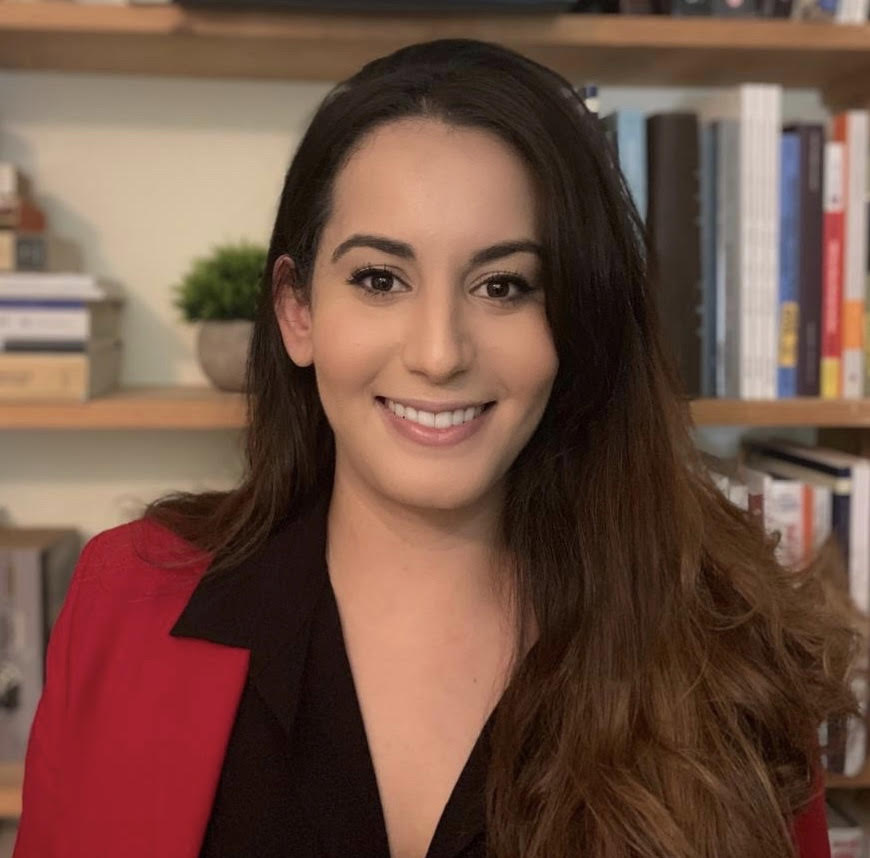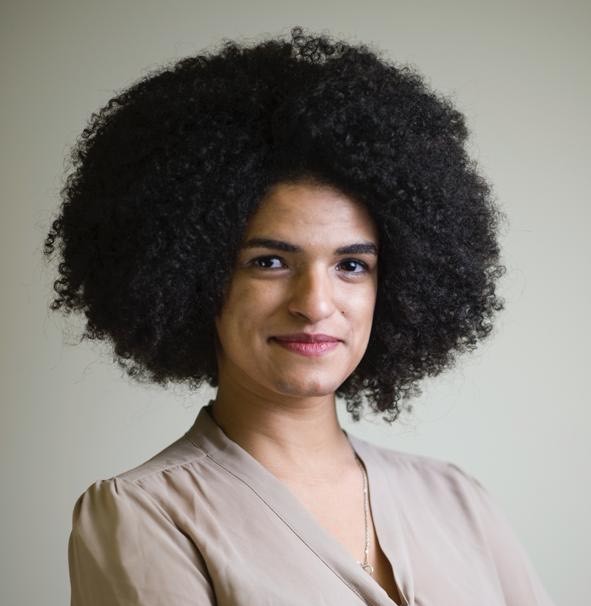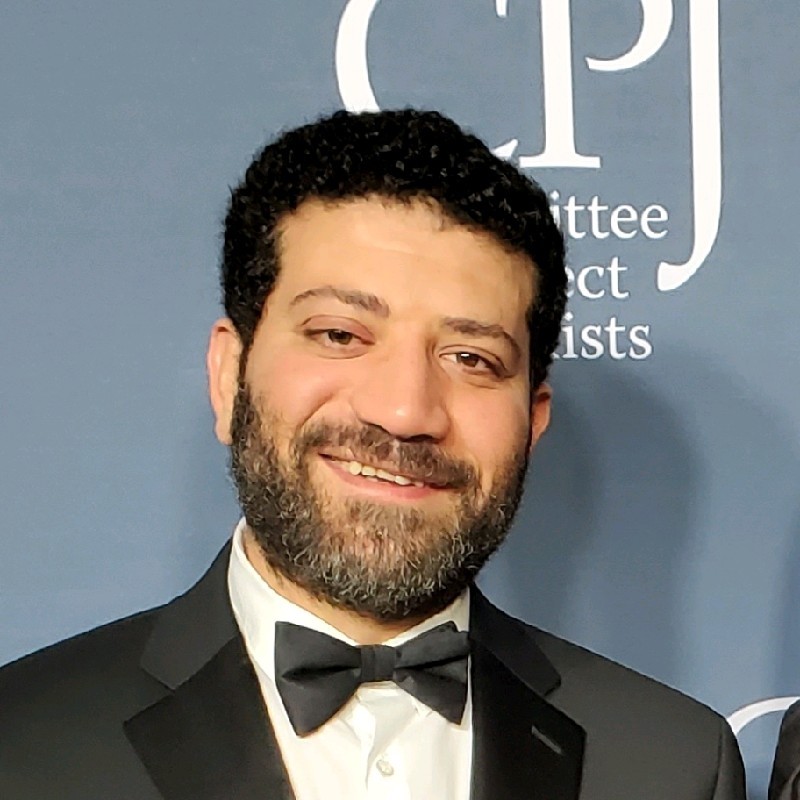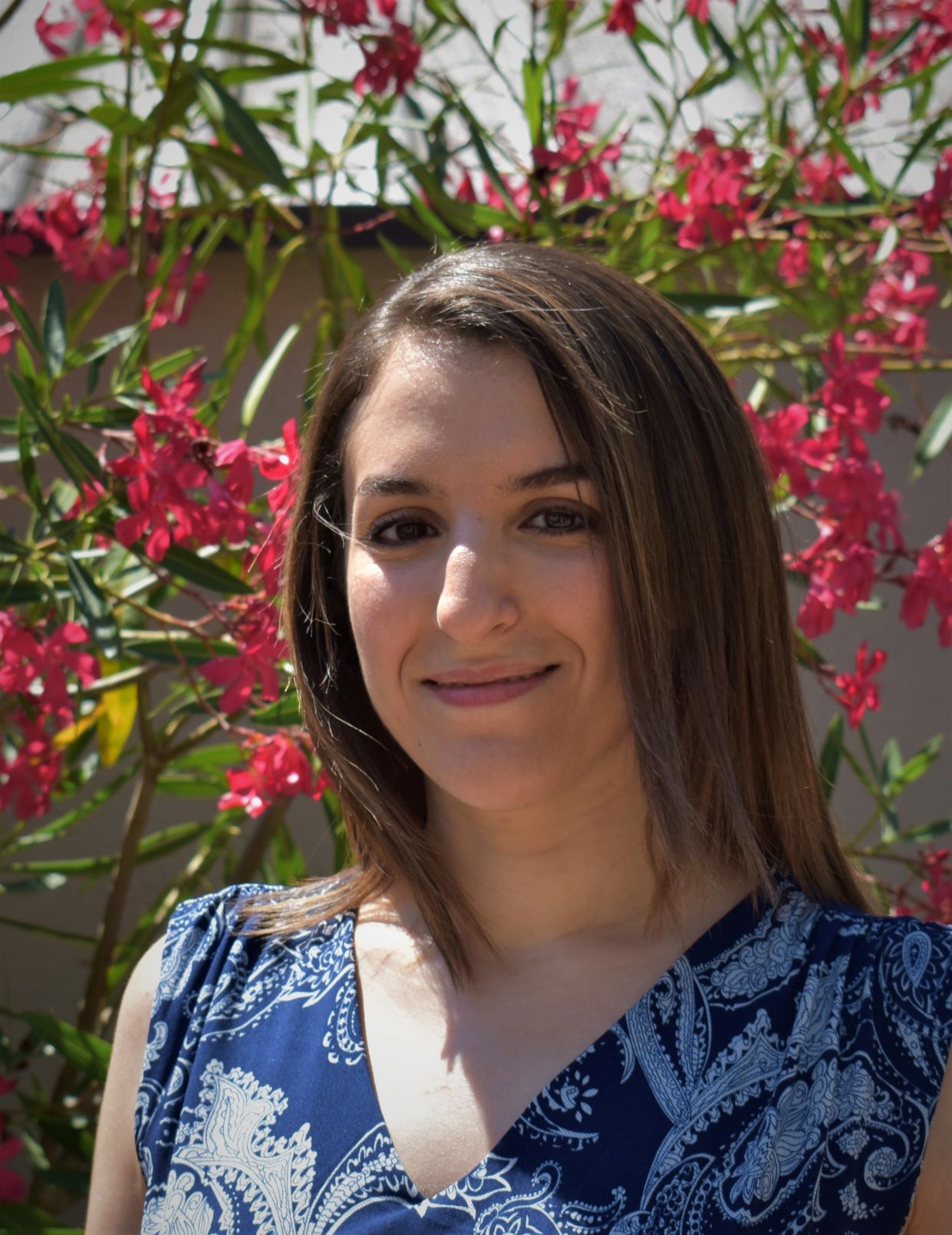Across the Maghreb region of North Africa, in Algeria, Morocco, and Tunisia, governments have escalated restrictions on freedom of expression and created an increasingly hostile environment for media and the press in recent years. In all three countries, journalists have faced arrest, media platforms have been censored, and the space for expression online and offline has become more constrained as cybercrime and social media laws continue to be passed. This has been especially the case for women journalists who have been the targets of particularly gendered tactics that aim to intimidate and silence them due to their work. Not always subjected to arrest, women journalists in the Maghreb have faced other obstacles, such as defamation, surveillance, and harassment campaigns, among other worrying trends.
The Tahrir Institute for Middle East Policy (TIMEP) hosted a conversation on Tuesday, March 28, 2023 on gender and press freedom in the Maghreb featuring Samia Errazzouki (TIMEP), Sherif Mansour (CPJ), and Jeje Mohamed (PEN America), and moderated by Inès Osman (MENA Rights Group). Panelists examined questions such as: What are the evolving tactics deployed to target journalists and the press? How do those tactics specifically target women? How has the law been used to prosecute and silence journalists? And how do these developments fit into the broader political and economic context in each country and across the sub-region?
This event was hosted as part of TIMEP’s Press Freedom in the Maghreb initiative and follows the Universal Periodic Review (UPR)–the human rights review before the United Nations–of Algeria, Morocco, and Tunisia in early November. As part of that review, TIMEP was pleased to join the Committee to Protect Journalists (CPJ) and the Tunisian Syndicate of Journalists to submit civil society reports documenting the state of press freedom in the countries in question.
Watch the recording:
Speaker Profiles:

Samia Errazzouki
Nonresident Fellow, the Tahrir Institute for Middle East PolicySamia Errazzouki is a Nonresident Fellow at TIMEP focusing on press freedom in North Africa, with a special emphasis on the situation of women journalists. She is a co-founder of Khmissa, an NGO that advocates for women’s rights in Morocco through an intersectional lens. Samia has worked as a Morocco-based journalist, reporting for the Associated Press and later with Reuters. Samia holds a BA in Global Affairs from George Mason University and an MA in Arab Studies from Georgetown University. She is currently completing her PhD in History at the University of California, Davis. You can follow her on Twitter at @S_Errazzouki.

Jeje Mohamed
Senior Manager, Digital Safety and Free Expression, PEN AmericaJeje Mohamed has over nine years of experience working on human rights issues, journalism, and safety and security in the Middle East and internationally. Before joining PEN America, she was a Next-Gen Safety Trainers fellow with the International Women’s Media Foundation, developing more inclusive and trauma-informed safety and security training. She managed several campaigns and programs focusing on sex trafficking, racial disparities, and human rights violations in Egypt and exile. She led and took part in the production of documentaries focusing on social issues and founded Witness Magazine that covered human rights abuses in Egypt and the Middle East. She holds a bachelor’s degree from the American University in Cairo in multimedia journalism and international relations and completed a graduate degree in international media focusing on human rights and democracy in areas of conflict as an OSF Civil Society Leadership Award Fellow at American University.

Sherif Mansour
Middle East and North Africa Program Coordinator, Committee to Protect Journalists (CPJ)Sherif Mansour is an Egyptian-American democracy and human rights activist. Before joining CPJ, he worked with Freedom House, in Washington, D.C., where he managed advocacy training for activists from the Middle East and North Africa. In 2010, Mansour co-founded the Egyptian Association for Change, a Washington-based nonprofit group that mobilizes Egyptians in the U.S. to support democracy and human rights in Egypt. He received his master’s in international relations from the Fletcher School at Tufts University and his bachelor’s in education from Al-Azhar University in Cairo.

Inès Osman
Co-founder & Executive Director, MENA Rights GroupInès Osman is a French-Algerian human rights lawyer and the co-founder and executive director of MENA Rights Group, a legal advocacy NGO which defends and promotes fundamental rights and freedoms in the Middle East and North Africa region. Prior to this, she worked as a jurist for several years in human rights NGOs and international courts. Inès received her B.A. in International Relations from the University of Geneva and a LL.M. in Public International Law from the University of Leiden.
